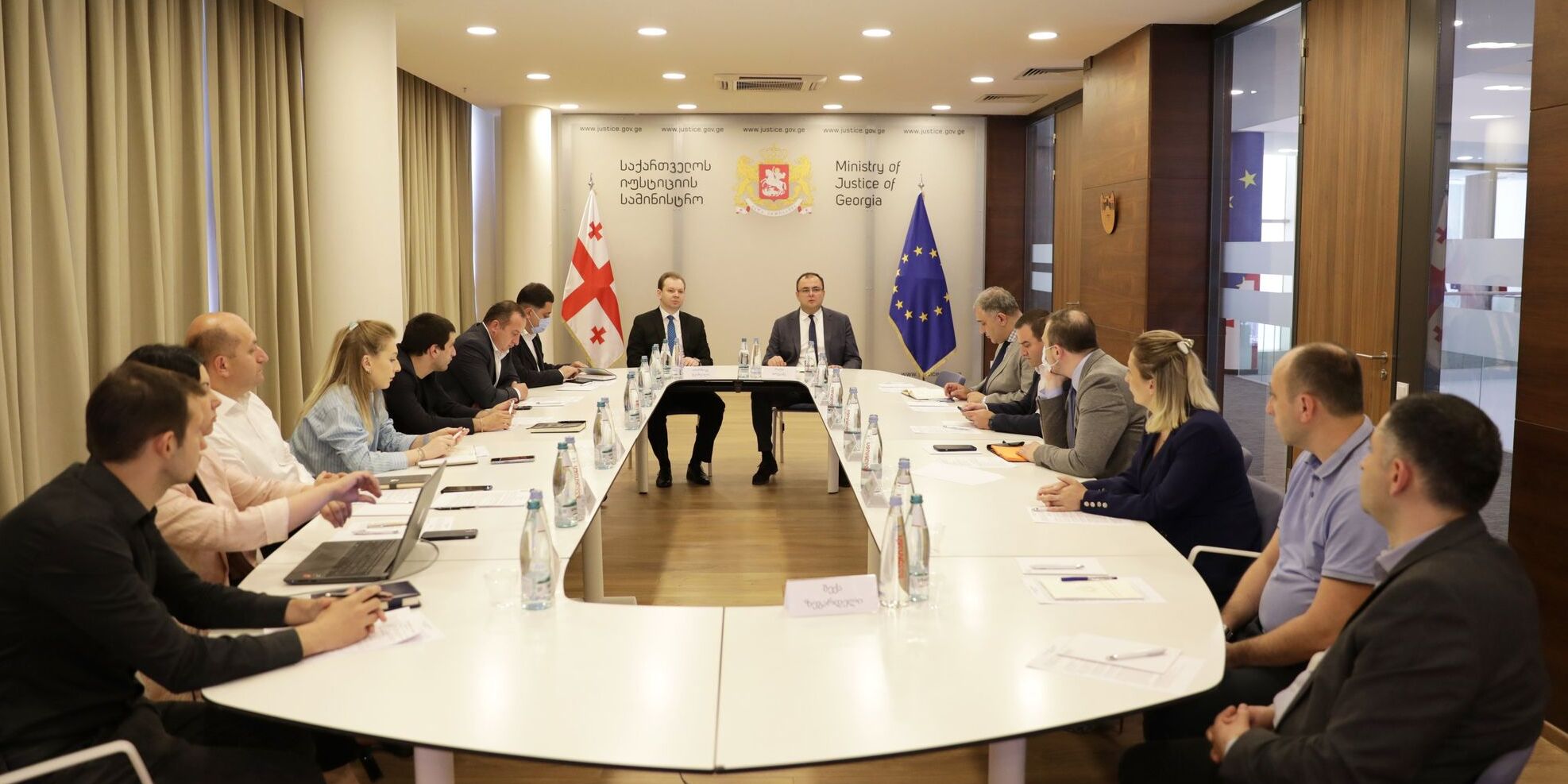News

Ministry of Justice Has Started Working on a New Imprisonment Code
The first review of the planned changes in the penitentiary legislation was held today in the Ministry of Justice in an interdepartmental format. As part of the process, the legislation in the field of penal law will be codified; Both the structure of the legislative act and its content will be revised. As a result, a completely new imprisonment code project will be developed and initiated in the Parliament of Georgia during the fall session.
At the first stage of the legislative reform, the Ministry carried out a critical analysis of the current Imprisonment Code and the Georgian Law on Special Penitentiary Service and presented its vision of changes. The Ministry offers the guests invited to the presentation - representatives of competent state bodies - as well as, in the next phase, academic circles, non-governmental organizations and international missions active participation in the relevant law-making process. Opinions and proposals will be exchanged within the specified time frame, working meetings will be held in intensive mode.
The development of law-making based on scientific conclusions and analytics and the participation of highly qualified experts in the process is one of the priority directions of the Ministry of Justice. Concrete steps have already been taken to realize this goal - the legal scientific journal Iustitia was founded, the second issue of which is already ready for publication; The largest electronic legal base HeinOnline became available to the employees of the Ministry of Justice; For greater involvement of non-governmental organizations, a grant competition was announced in the direction of strengthening the protection of human rights, introducing innovative services, promoting the rehabilitation and re-socialization of convicts and ex-prisoners, and effective crime prevention, within the framework of which, a total of 14 projects were financed; Cooperation with higher educational institutions, their professors and students has become more intensive, relevant memoranda have already been signed with a number of universities.
Representatives of the executive and legislative authorities, the deputy public defender and other invited guests participated in the discussion of the planned legislative changes.
 Geo
Geo Eng
Eng